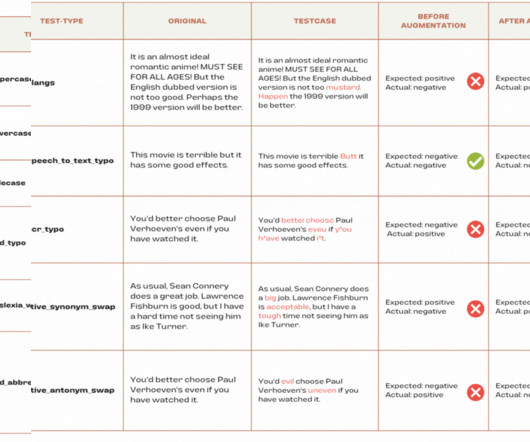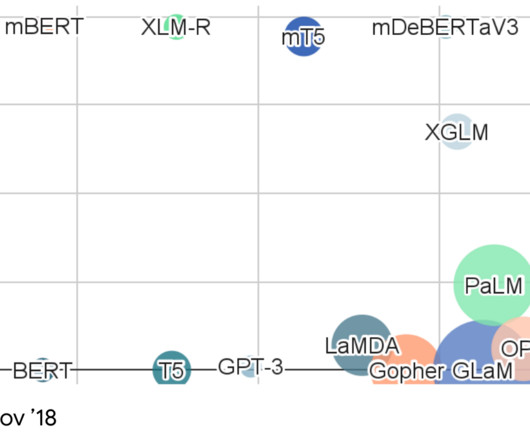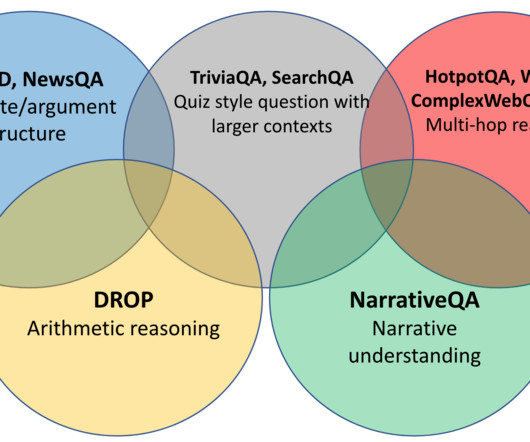Testing the Robustness of LSTM-Based Sentiment Analysis Models
John Snow Labs
DECEMBER 26, 2023
Sentiment analysis, a branch of natural language processing (NLP), has evolved as an effective method for determining the underlying attitudes, emotions, and views represented in textual information. The 49th Annual Meeting of the Association for Computational Linguistics (ACL 2011). abs/2005.03993 Andrew L.











Let's personalize your content